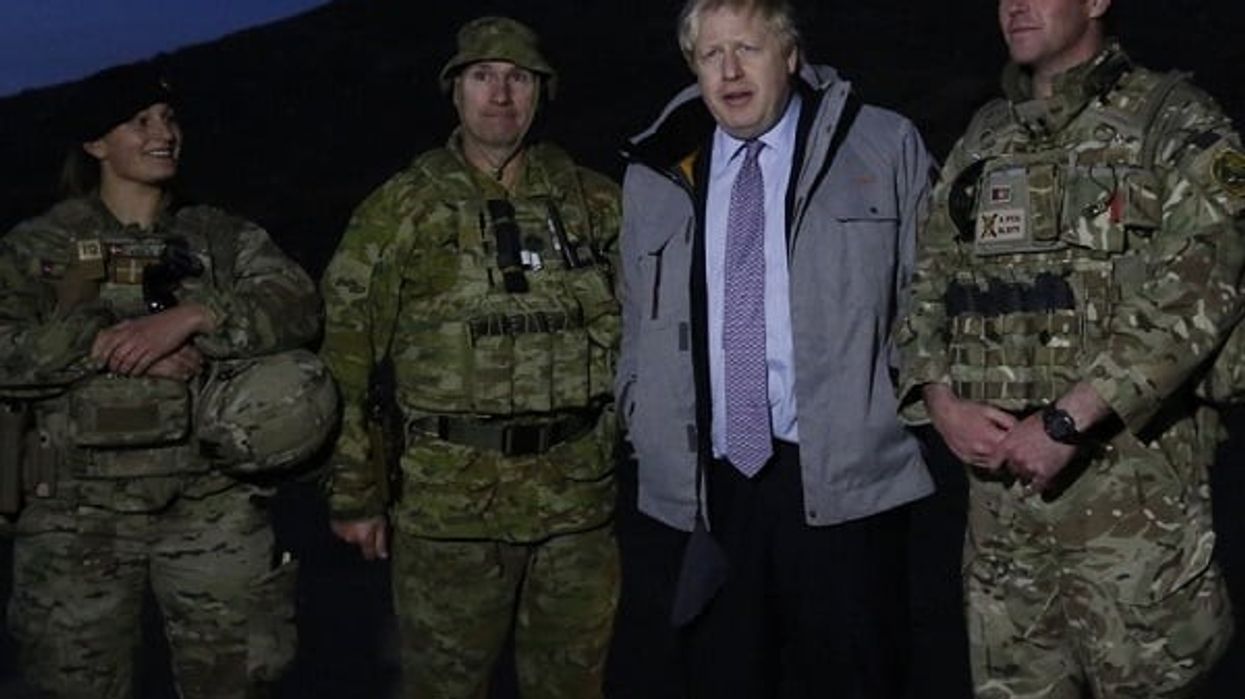By Amit Roy
NOW that the US and the UK have announced they are to withdraw all their remaining troops out of Afghanistan by September 11, 2021, the chances are the Taliban will eventually makes its way back to power.
As a consequence, girls will be stopped from going to school and to college.
One article I read summed up the dangers of the premature American and British withdrawal of troops: “Twenty years on, we’re pulling out of Afghanistan with the Taliban rampant. So did 456 British heroes die in vain?”
General Sir Nick Carter, the chief of defence staff, said it was “not a decision we hoped for” although the UK respected the view taken by the administration of US president Joe Biden.
But Sir Nick added: “We went into Afghanistan back in 2001 to prevent international terrorism ever emerging from Afghanistan...
“The Afghan armed forces are indeed much better trained than one might imagine. I think they could easily hold together and all of this could work out. We will just have to see.
“At the end of the day, the Afghan people are looking for stability, they are looking for peace, and that is not lost on the Taliban.”
He may find his optimism is not entirely justified. Britain has been involved in “the Great Game” – the historic confrontation over Afghanistan between the British and Russian empires – for centuries.
Sherlock Holmes, a budding detective, deduces where Dr Watson has been when they first meet in A Study in Scarlet.
Holmes surprises Watson: “How are you? You have been in Afghanistan, I perceive.




